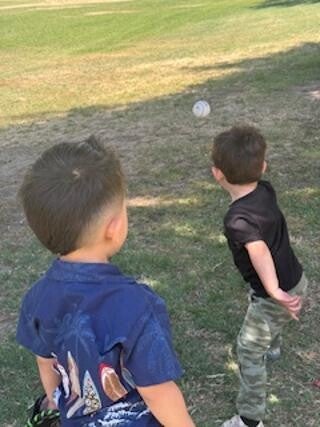
Early Childhood Experiences at Various Milestones

Prenatal development and care are crucial for social-emotional development, which begins as early as infancy and young childhood through relationships with caregivers to establish a strong foundation that can affect how children respond to the world around them and shape their future.
In the adolescent stage, children are going through emotional changes that can make relationships difficult as they are exploring depression or sadness, which can also affect their grades in school.
Learners are also struggling with showing more interest in relationships and sexuality, which can be a complex topic to understand, as well as educators helping adolescents develop healthy choices. In this age group (12-18), children can give reasons for their own decisions and understand right from wrong.
Social and Emotional Learning
As educators, we know that children can achieve more when they can manage their emotions and regulate their learning. This also helps them understand how to build positive relationships with peers and educators. Educators are more effective in managing the classroom when they can control student behavior. Children can experience, regulate, and express a variety of emotions, develop relationships with others, and actively explore their environment and learn.
SELf-REGULATION STRATEGIES TO SUPPORT IN HOME AND CLASSROOM
Build meaningful relationships with children
Model empathy
Create workshops for families and students
Take-home activities
Visuals of scenarios, problem-solving
Routine and structure
Understand your children
Provide a space where children feel safe
Have patience
SEL reading and writing projects
Mentor programs- builds confidence
Stress Management skills


Create Your Own Website With Webador